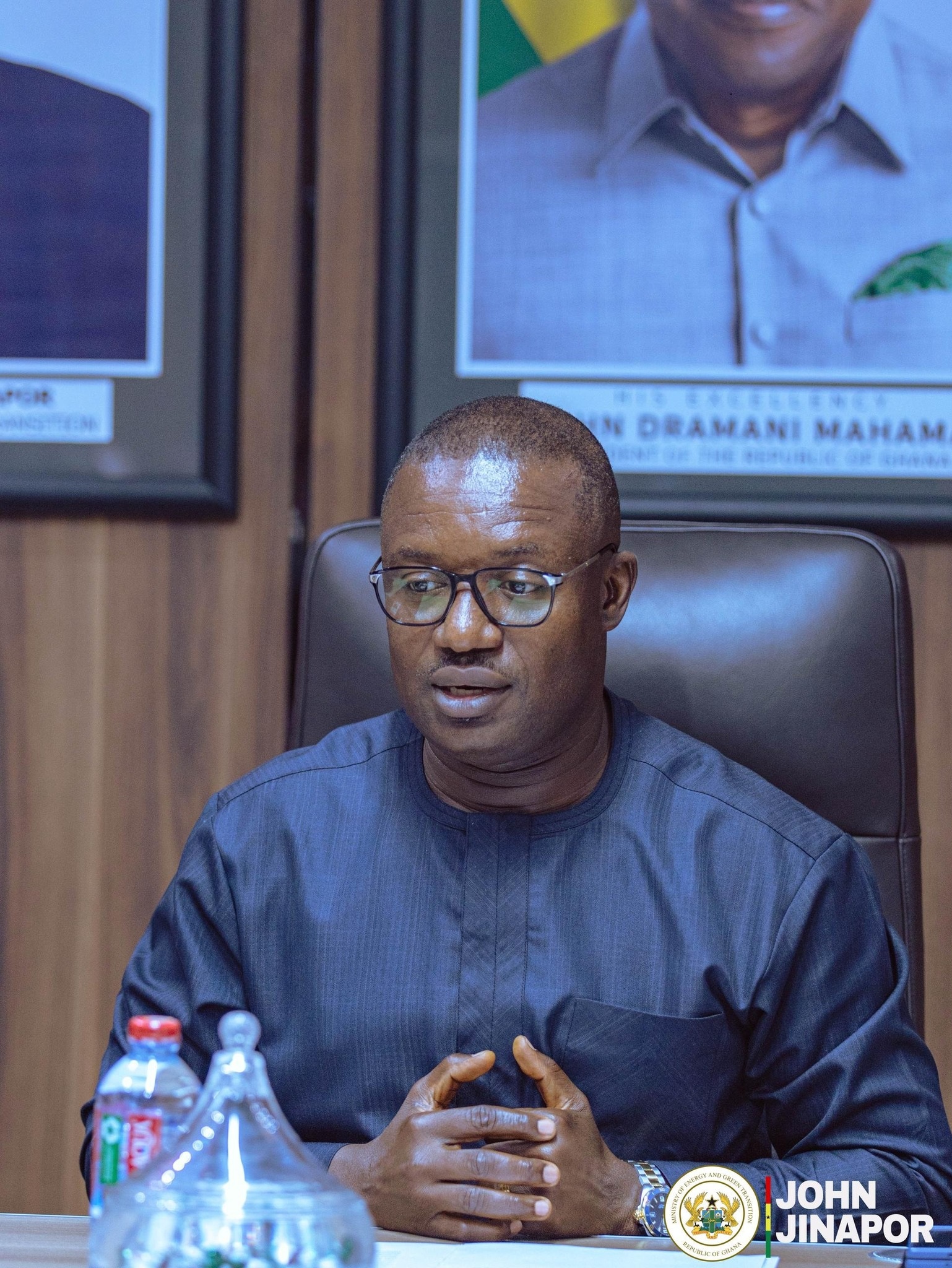Ghana’s Eban-Akoma Oil and Gas Fields Declared Commercially Viable: A Strategic Turning Point for Energy and Development

Ghana’s upstream petroleum sector has reached a pivotal milestone with the Ministry of Energy and Green Transition’s confirmation of the commercial viability of the Eban-Akoma oil and gas discoveries. Located in the Cape Three Points Block 4 (CTP-B4), these twin fields, Eban-1X (oil) and Akoma-1X (gas and condensate), are now poised to transition from exploration to full-scale development, following the formal submission of a Declaration of Commerciality (DoC) on July 3, 2025.
🔍 The Discovery and Appraisal
The Eban-Akoma discoveries were made by a consortium of Joint Venture (JV) partners: Eni Ghana Exploration & Production Ltd (operator), Vitol Upstream Tano Ltd, Woodfields Upstream Ghana Ltd, and GNPC Exploration & Production Company Ltd (Explorco), in collaboration with the Ghana National Petroleum Corporation (GNPC). The appraisal programme, conducted under Ghana’s Petroleum (Exploration and Production) Act, 2016 (Act 919), confirmed the commercial viability of the hydrocarbon resources.
According to preliminary estimates, the Eban-Akoma complex holds between 500 and 700 million barrels of oil equivalent (Mboe) in place. The Eban-1X well is situated approximately 8 km northwest of the Sankofa Hub, where the John Agyekum Kufuor FPSO is currently deployed, offering a strategic advantage for infrastructure tie-ins and accelerated production timelines.
🛢️ Government’s Perspective: Energy Security and Industrialization
Minister for Energy and Green Transition, Dr John Abdulai Jinapor, hailed the declaration as a “major boost” to Ghana’s oil and gas sector. He emphasized that the discoveries underscore the immense potential of Ghana’s offshore resources to fuel economic transformation, enhance energy security, and drive the country’s industrialization agenda.
“This milestone is a clear testament to the government’s drive toward sustainable development and responsible resource management,” Jinapor stated, adding that the Ministry will continue to collaborate with the Petroleum Commission and GNPC to ensure alignment with national energy strategies.
🏗️ Next Steps: Plan of Development and Local Content
With the DoC in place, the JV partners are now tasked with submitting a comprehensive Plan of Development (PoD). This plan will focus on:
-
Optimal resource recovery
-
Value maximization
-
Promotion of local content participation
The Ministry has pledged oversight and technical support to ensure the project aligns with Ghana’s long-term energy strategy, including its transition to cleaner energy sources.
Richmond Rockson, spokesperson for the Ministry, emphasized that the PoD will embed mechanisms to increase Ghanaian participation, from employment and technology transfer to supply chain opportunities. “This is not just about extracting oil and gas; it’s about creating sustainable jobs and ensuring the benefits of our natural resources stay within the country,” he noted.
🌍 Broader Implications: Economic Growth and Energy Independence
The dual nature of the discoveries—oil in Eban-1X and gas/condensates in Akoma-1X—offers flexibility for future development, including refining, gas-to-power projects, and petrochemical ventures. Analysts suggest that the Eban-Akoma fields could significantly reduce Ghana’s reliance on imported fuels, boost domestic power generation, and increase export revenues.
Moreover, the proximity of the fields to existing infrastructure, such as the Sankofa Hub, allows for fast-tracked production via subsea tie-ins, potentially extending the production plateau of the John Agyekum Kufuor FPSO.
🧭 Strategic Outlook: A Model for Responsible Resource Management
The Eban-Akoma project is being closely watched by stakeholders across government, industry, and civil society. Its success could serve as a model for responsible resource management, balancing economic growth with environmental stewardship and social inclusion.
As Ghana positions itself as a regional energy hub, the Ministry’s confirmation of the Eban-Akoma fields’ viability marks not just a technical achievement, but a strategic inflection point in the country’s energy narrative.
Image Credit: Dr John A. Jinapor meta wall



0 Comments
No comments yet, be the first to comment